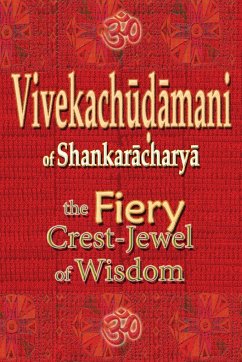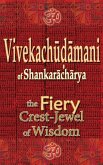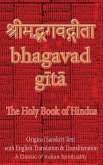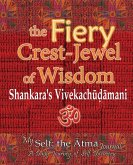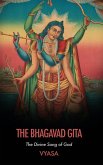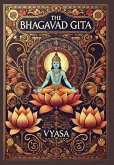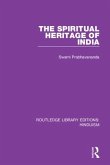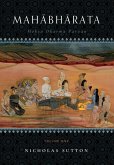This Book is based on Vivekachudamani, the classic of Vedanta philosophy, composed by Adi Shankaracharya. Consolidating the highest flights of Vedic thoughts this work discusses the unity of the individual Self and the Supreme-Self through lucid, poetical language. Besides the original Sanskrit text, transliteration and translation of the verses is provided. According to Shankara, Brahama (the Supreme-Self) alone is self-existent and Real; and the Self of everyone, at its very essence, is nothing but that Supreme Consciousness. Shankara avers that there exists a self-existent ever-enduring entity-which persists as the eternally abiding substratum of the consciousness of egoism: the 'I' sense. It is the enduring witness of the three states and ever distinct from the body; it always knows everything which happens in the waking state, in dream and in profound sleep. It is always aware of the presence or absence of the mind and its functions. And that substrate of the notion of egoism: That one is the Atma, our Self, which is One with the Supreme-Self.
Hinweis: Dieser Artikel kann nur an eine deutsche Lieferadresse ausgeliefert werden.
Hinweis: Dieser Artikel kann nur an eine deutsche Lieferadresse ausgeliefert werden.

